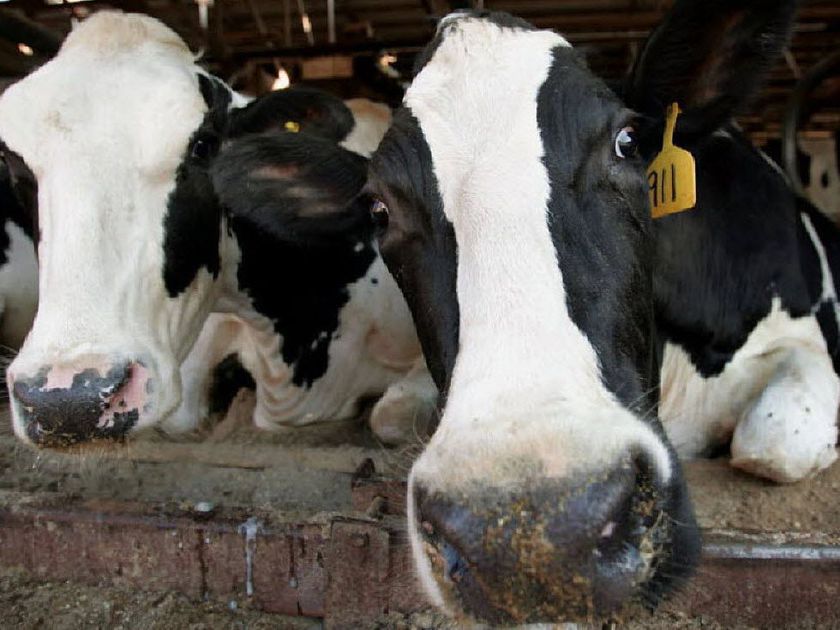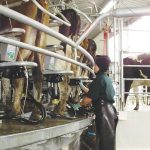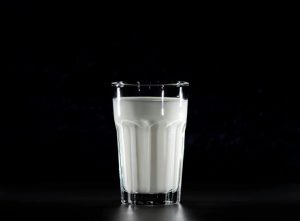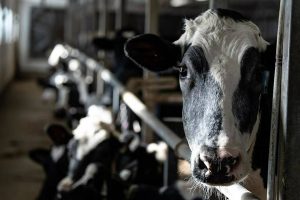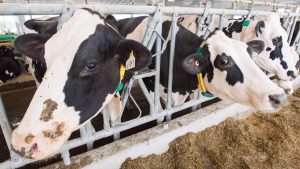
While directives for distancing, mask use and milk house disinfecting – both before and after milk pickups – remain, the Grade A farm inspections and proAction quality assurance program certifications have resumed.
Everyone’s date for their bi-annual visit by their DFO field rep has been moved back by three months. Our April 28 inspection was pushed to July 28, so we just successfully completed it and can continue to ship Canada Grade A milk. Had we failed any part we would have had a time limit to rectify the situation and be re-inspected.
Fail that and our milk license would have been revoked. End of the farm. There is no secondary grade of production in Canada. You either ship Grade A milk or you don’t ship milk at all.
With the resumption of these two inspections comes the realization that the “surprise” visits have also been reinstated. These drop-in inspections can occur any time and without warning between the official, scheduled visits.
Carrying on as if nothing happened, was the start of the CUSMA (Canada United States, Mexico Agreement) which, conveniently for the USA, began July 1. The Canadian dairy year runs from August 1 to July 31. Thus, the US pushing for the start despite the COVID-19 problems, gave them the initial year of dairy trade prorated over only one month and the second year starting August 1, 2020.
For the U.S. dairy industry there was no lead up to the second year, they began right away.
American dairy can now legally flow into Canada. Just be careful as to what you are actually buying as the milk quality is not equal between the two countries.
While only Grade A milk is produced in Canada, the United States produces both Grade A and Grade B milk. Naturally, B is a lesser quality than A and can be used only in manufactured milk products. In Canada, only grade A milk is used in milk products as that is all we produce.
Although American milk and products can now come into Canada and we must accept them for what they are, the agreement is not reciprocated towards our milk. It cannot be shipped into the U.S. as the agreement states that only milk that meets USDA Grade A standards can be accepted and, guess what, no equivalent standards are permitted.
In other words, a Canadian farm would have to be inspected by the USDA to allow their milk to be sent to the US but any Tom, Dick or Henry U.S. farm can ship their milk or products up here. As expected, the agreement is not reciprocated. . .another case of Ottawa ratifying a deal that primarily benefits another country, not Canadians.
Meanwhile, the CETA deal the with European Union is now in its third year of sending their cheese here to replace ours with no assurance as to milk quality. They are pretty much at their maximum allowed.
Also, the CPTPP deal with the Pacific Rim countries are in their second year too of sending us their dairy, again at unknown standards. They too are at their maximum allowable. Britain, having left the EU is now also making noises about being allowed access to our domestic market.
So where does this leave the Canadian dairy industry? One that’s looking at a domestic market that is expected to shrink each year as these trade arrangements work towards their maximum limits with no increase in markets – either domestic or international – available to them in future years.
There has been no detailed explanation from the Canadian Dairy Commission, Dairy Farmers of Canada or any of the provincial organizations telling us what to expect over the coming years. All we get is more red tape, more paper work and more demands.
What our farmers do know is what is published in industry magazines. . .and none of it is good.
The future of Canadian dairy now lies in the hands of Canadian consumers and what they choose to buy.
What was the sense in all these trade agreements that two of our official parties negotiated? None of them have benefited Canadian dairy farms nor ensured the continued health of Canadian citizens.
Only in Canada!
